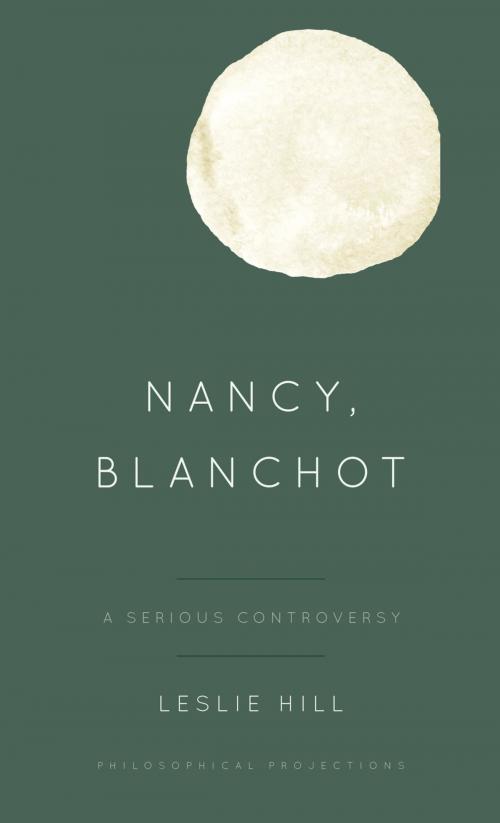Nancy, Blanchot
A Serious Controversy
Nonfiction, Religion & Spirituality, Philosophy, Phenomenology, Fiction & Literature, Literary Theory & Criticism, Theory| Author: | Leslie Hill | ISBN: | 9781786608895 |
| Publisher: | Rowman & Littlefield International | Publication: | September 30, 2018 |
| Imprint: | Rowman & Littlefield International | Language: | English |
| Author: | Leslie Hill |
| ISBN: | 9781786608895 |
| Publisher: | Rowman & Littlefield International |
| Publication: | September 30, 2018 |
| Imprint: | Rowman & Littlefield International |
| Language: | English |
The concept of community is one of the most frequently used and abused of recent philosophical or socio-political concepts. In the 1980s, faced with the imminent collapse of communism and the unchecked supremacy of free-market capitalism, the philosopher Jean-Luc Nancy (in The Inoperative Community) and the writer Maurice Blanchot (in The Unavowable Community) both thought it essential to rethink the fundamental basis of “community” as such. More recently, Nancy has renewed the debate by unexpectedly attacking Blanchot’s account of community, claiming that it embodies a dangerously nostalgic desire for mythic and religious communion.
This book examines the history and implications of this controversy. It analyses in forensic detail Nancy’s and Blanchot’s contrasting interpretations of German Romanticism, and the work of Heidegger, Bataille, and Marguerite Duras, and examines closely their divergent approaches to the contradictory legacy of Christianity. At a time when politics are increasingly inseparable from a deep-seated sense of crisis, it provides an incisive account of what, in the concept of community, is thought yet crucially still remains unthought.
The concept of community is one of the most frequently used and abused of recent philosophical or socio-political concepts. In the 1980s, faced with the imminent collapse of communism and the unchecked supremacy of free-market capitalism, the philosopher Jean-Luc Nancy (in The Inoperative Community) and the writer Maurice Blanchot (in The Unavowable Community) both thought it essential to rethink the fundamental basis of “community” as such. More recently, Nancy has renewed the debate by unexpectedly attacking Blanchot’s account of community, claiming that it embodies a dangerously nostalgic desire for mythic and religious communion.
This book examines the history and implications of this controversy. It analyses in forensic detail Nancy’s and Blanchot’s contrasting interpretations of German Romanticism, and the work of Heidegger, Bataille, and Marguerite Duras, and examines closely their divergent approaches to the contradictory legacy of Christianity. At a time when politics are increasingly inseparable from a deep-seated sense of crisis, it provides an incisive account of what, in the concept of community, is thought yet crucially still remains unthought.















